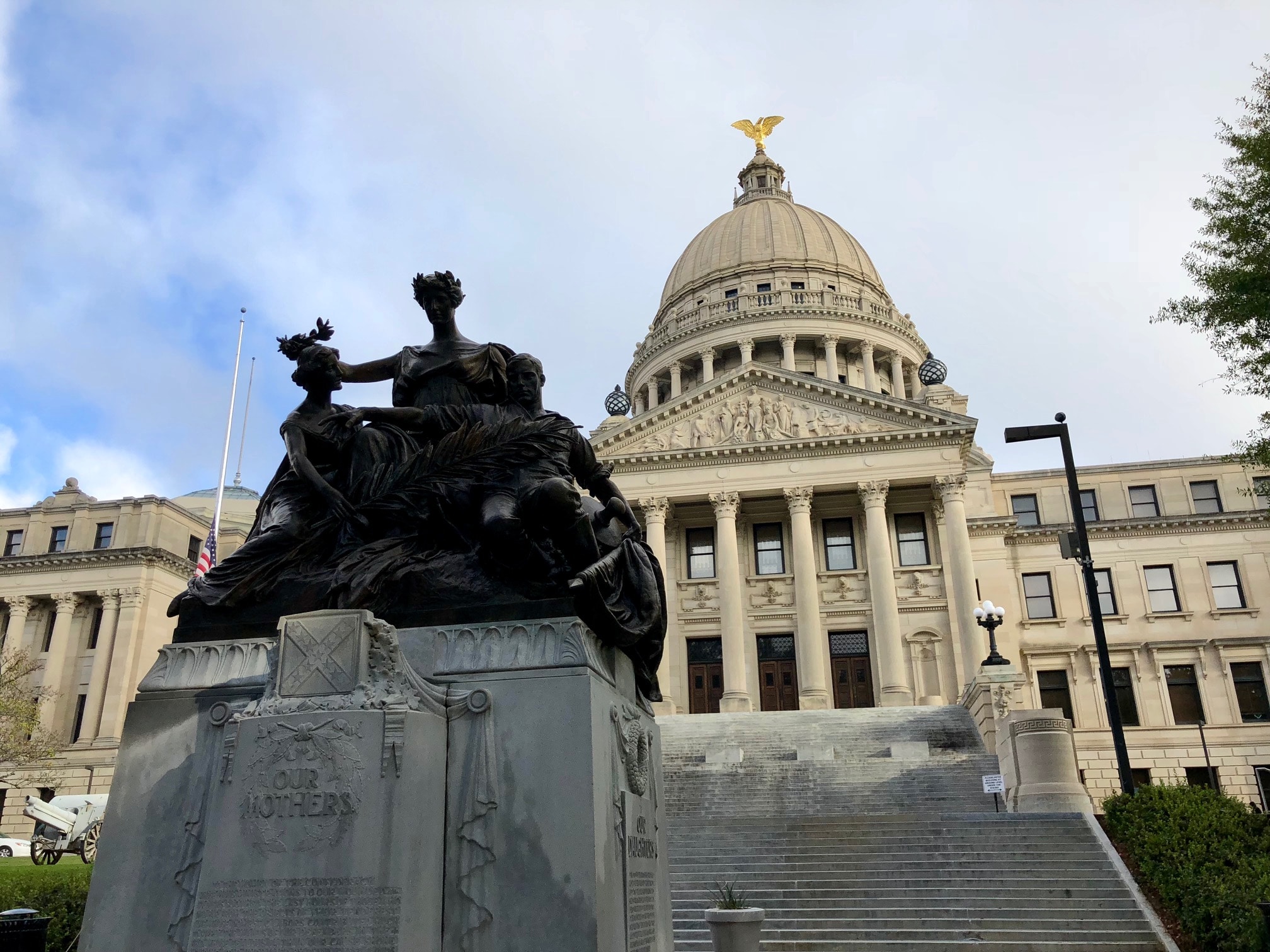Update: By a 67-52 final vote, HB 957 passed through the House after hours of debate on the floor.
Original Report:
The Mississippi House of Representatives will soon vote on HB 957 which outlines a new funding formula for public education in the state. The bill titled the “Mississippi Uniform Per Student Funding Formula Act of 2018” moves toward a weighed system for funding each district, meaning it factors in the types of students in the schools rather than basing the funding off of numbers alone.
EdBuild is a consulting company that was brought in by the state last year to help design this formula, which could be implemented. The company has described the system as “student-centered” and says that it would create a more equitable funding system.
State Superintendent of Education, Dr. Carey Wright, says while she is still getting familiar with the bill, she is encouraged that the legislature is focusing on the shift to a weighted system. She described the system and gave an example of how it would work.
“I think it’s a really good concept to apply additional dollars to the different needs that students have across the state,” Wright said. “In Biloxi, 12% of students don’t speak English as their first language, and these children are more expensive to educate. And the concept behind the weighted formula is to give additional money per child based on those needs. Poorer students, gifted students, special needs children all get a different weight which would allow us to get the appropriate funding to those students for their needs.”
EdBuild has stated that Mississippi is one of just six states that fund special education based on the programs rather than on a student-based formula.
In the recommendations that EdBuild made to Mississippi lawmakers, it says that this formula would close the large discrepancies between districts across the state.
“Using a weighted student formula ensures that students with special learning needs (and cost considerations) are funded by the state at the same level, no matter where they are enrolled in school This will smooth out large discrepancies in per-student funding between districts in the state.”
The recommendations include a table outlining the different levels of funding that the formula would provide.

This formula would replace MAEP which was enacted in 1997, and since then funding has been a consistent issue and conversation during legislative sessions. The last time that the program was fully funded was back in 2008. In 2014, 21 school districts sued for $235 million that they claimed to have missed out on from shortfalls in MAEP’s funding. The Mississippi Supreme Court handed down a ruling back in October claiming that no language in the formula obligates the program to be fully funded. Following the decision, it appeared that lawmakers were looking to make a change.
“I’m proud Mississippi’s Republican leaders have prioritized education at all levels and spent about $400 million more than it did just six years ago, and we will continue to find more ways to invest in the classroom to provide opportunities for our kids,” Lt. Governor Tate Reeves said after the ruling.
As far as funding is concerned, this bill would keep MAEP’s formula using the 27 percent rule, according to Empower Mississippi. The rule states that local districts contribute 27% of the cost of an “adequate” education or $28 for every $1,000 of property tax collected by a district to supplement the money allocated by the state (whichever is less).
While the formula is based on the students, HB 957 allows each individual school district to determine the best use of the funds that they receive.
“Except as otherwise required by state or federal law or by rules, regulations, policies or orders of the State Board of Education and the State Department of Education, a school district may exercise full autonomy in the spending of all funds allocated under the formula to the district so long as funds are expended in the manner determined by the school board to best meet the needs of the student population of the local school district.”
Dr. Wright stated that she looks forward to the Senate’s plan after the House votes on this bill.
“They’ll come out with their plan the department works with the Senate and the House, crunch the numbers that they want us to crunch and hopefully come up with a good formula,” Wright said.
In his State of the State Address Governor Bryant highlighted some of Mississippi’s recent achievements in public education such the success of early childhood development programs, the highest graduation rate in the state’s history among others, but the Governor recognized that there is still work to be done.
“Our educational system, though far from perfect, is clearly better than it has ever been before,” Governor Bryant.
A House vote on HB 957 is expected to take place today.




